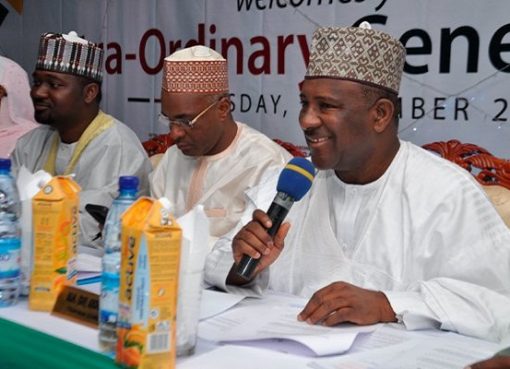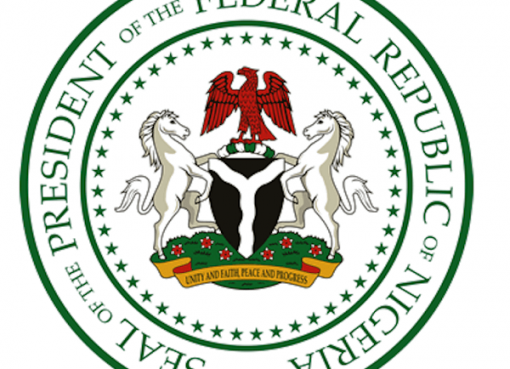The World Bank has put the cost of water from alternative providers in Nigeria at $650 to 700 million a year—four times more than the combined revenue of all 35 state water agencies (SWAs).
According to the bank, should the trend continue within the next 10 years, less than a third of the municipal population will get water from SWAs at the cost of $1.5–2 billion a year for just basic water services.
Speaking to newsmen, yesterday in Abuja, United States Agency for International Development (USAID) consultant, Badamasi Abdulsalam, said that the lack of investment coupled with the lack of finances of most state water providers makes Nigeria’s water service unusually inadequate even when compared with much poorer African nations.
 “Water consumption is adequate only in the North Central region, though it is close to the World Health Organisation (WHO) recommendation of 50 litres per capita per day (lpcd) in the North East region. In all other regions, consumption is significantly lower than recommended. Low consumption affects providers as well as users. Service below 50 lpcd does not correspond to the design standards for water supply systems—no utility can be sustainable and guarantee safe water when consumption is so low. There are, however, other elements of service that require swift attention and that need to be built into the assessment of investment needs. For instance, water services tend to be intermittent, with only Abuja (in the Federal Capital Territory) and Cross Rivers reporting 24/7 service” he said.
“Water consumption is adequate only in the North Central region, though it is close to the World Health Organisation (WHO) recommendation of 50 litres per capita per day (lpcd) in the North East region. In all other regions, consumption is significantly lower than recommended. Low consumption affects providers as well as users. Service below 50 lpcd does not correspond to the design standards for water supply systems—no utility can be sustainable and guarantee safe water when consumption is so low. There are, however, other elements of service that require swift attention and that need to be built into the assessment of investment needs. For instance, water services tend to be intermittent, with only Abuja (in the Federal Capital Territory) and Cross Rivers reporting 24/7 service” he said.
Abdulsalam also said that evolution of Nigeria’s water services has resulted in a situation in which each state has a unique institutional structure for service provision, tariffs and revenues, and principles of cost recovery and investment.
He observed that no water utility can borrow money or be made fully responsible for financial or investment support to water operations.
The reason, he explained, is that such operations are delegated to other state agencies either by State Water Boards (SWBs) or state water ministries.
“There is also no mechanism to transfer federal financial resources directly to SWAs. These limitations on SWA financial initiatives deter investment. The outcome is lack of incentives for water providers to attract new customers.
Source: The Sun










